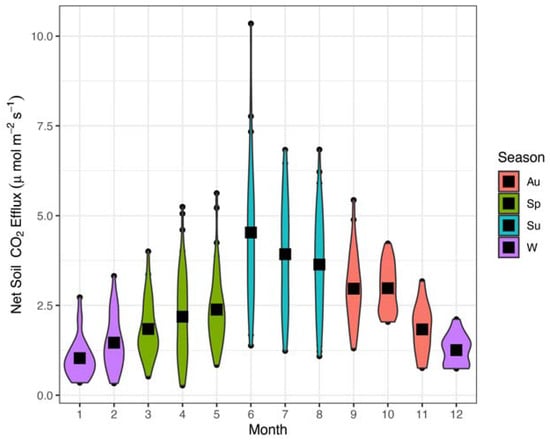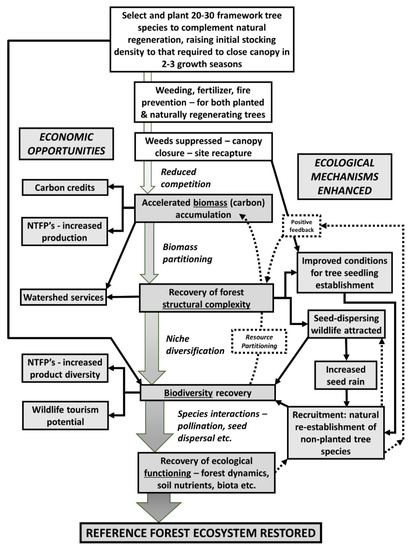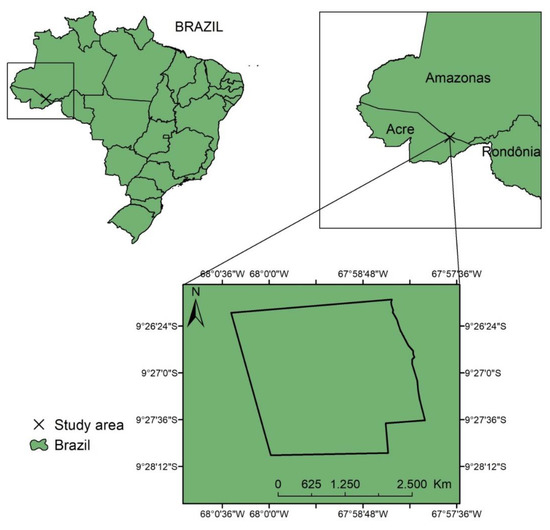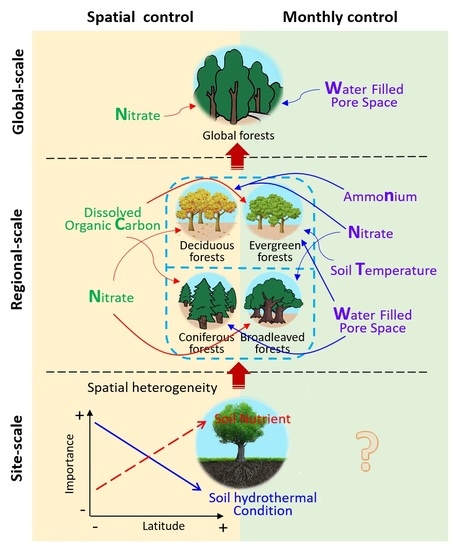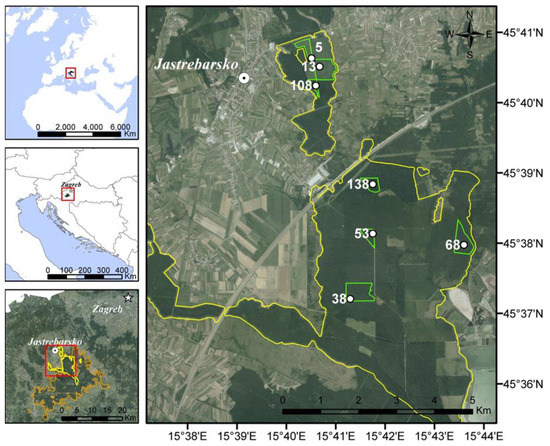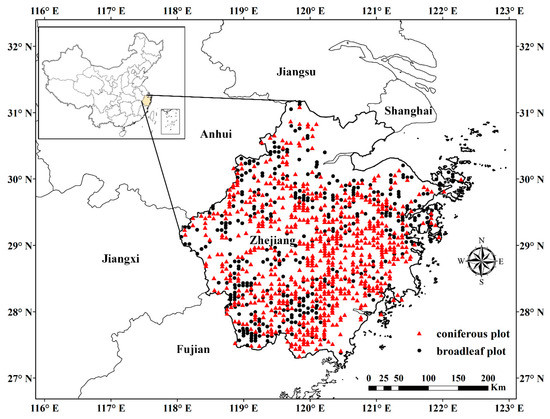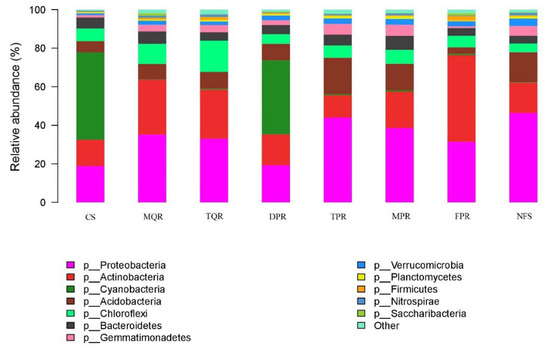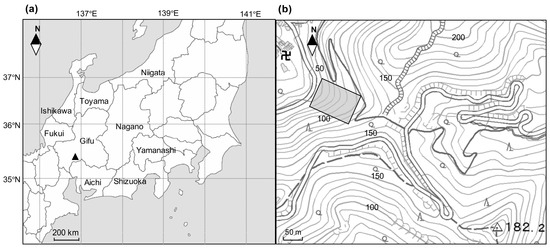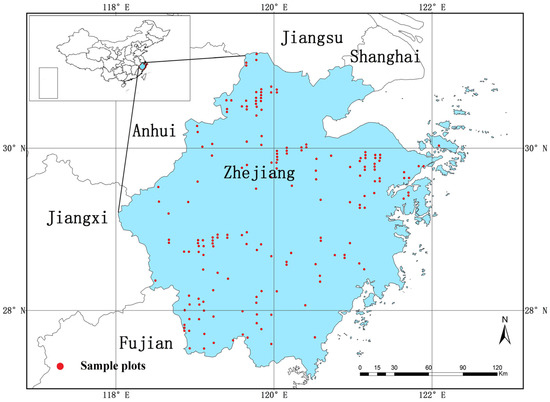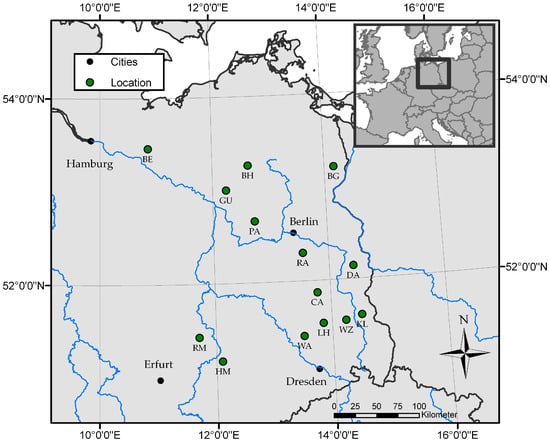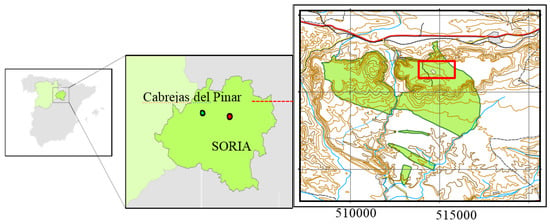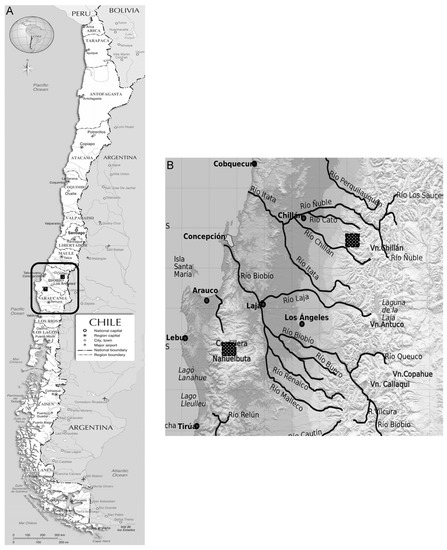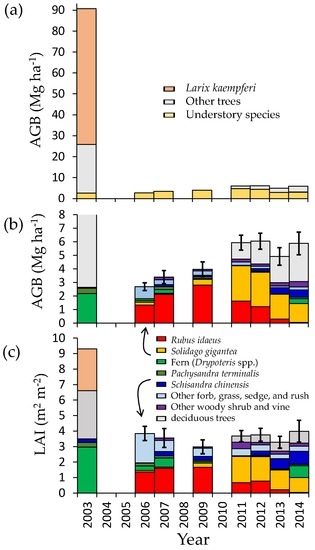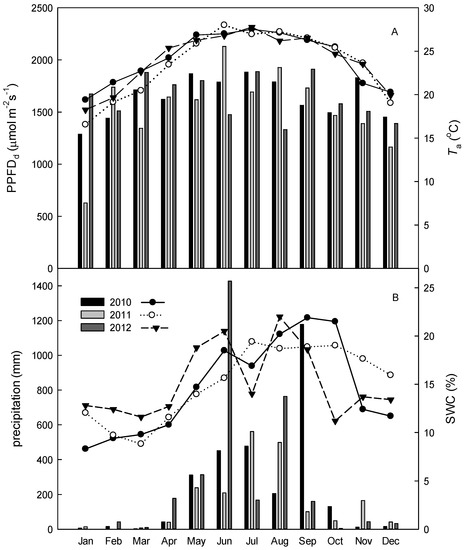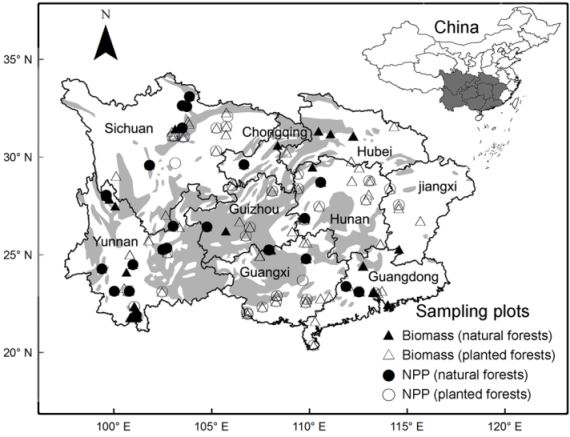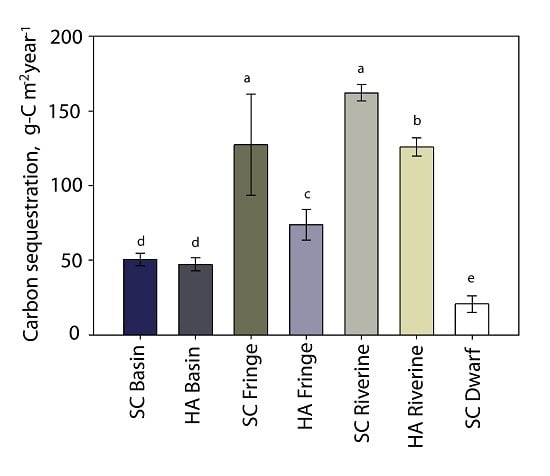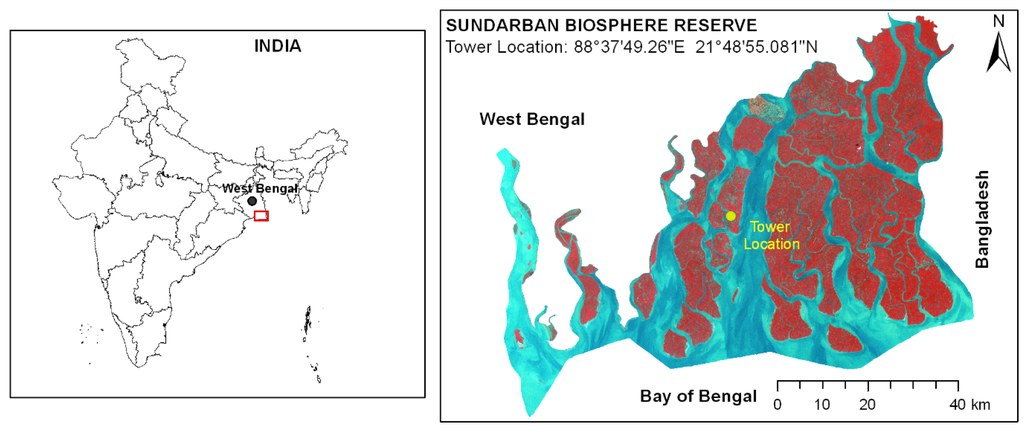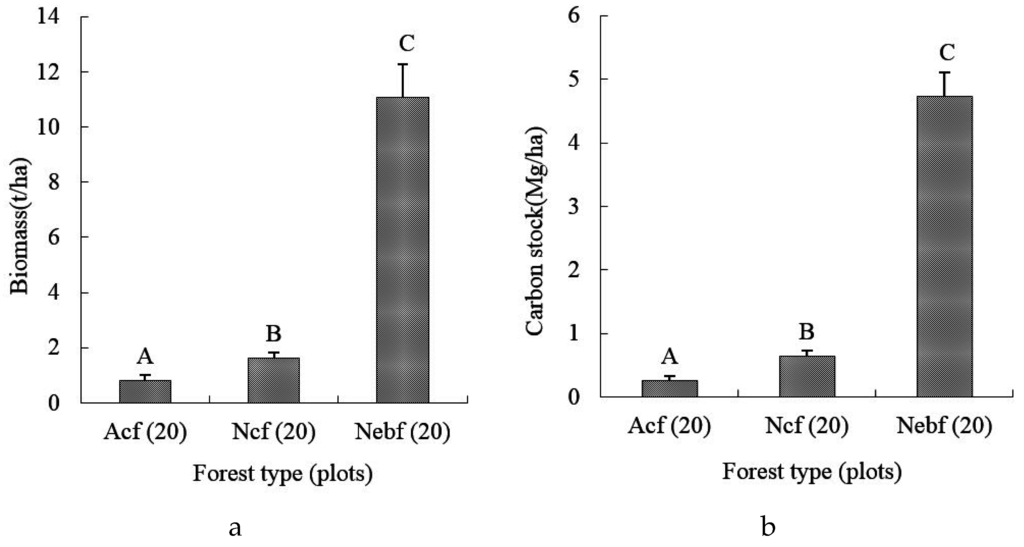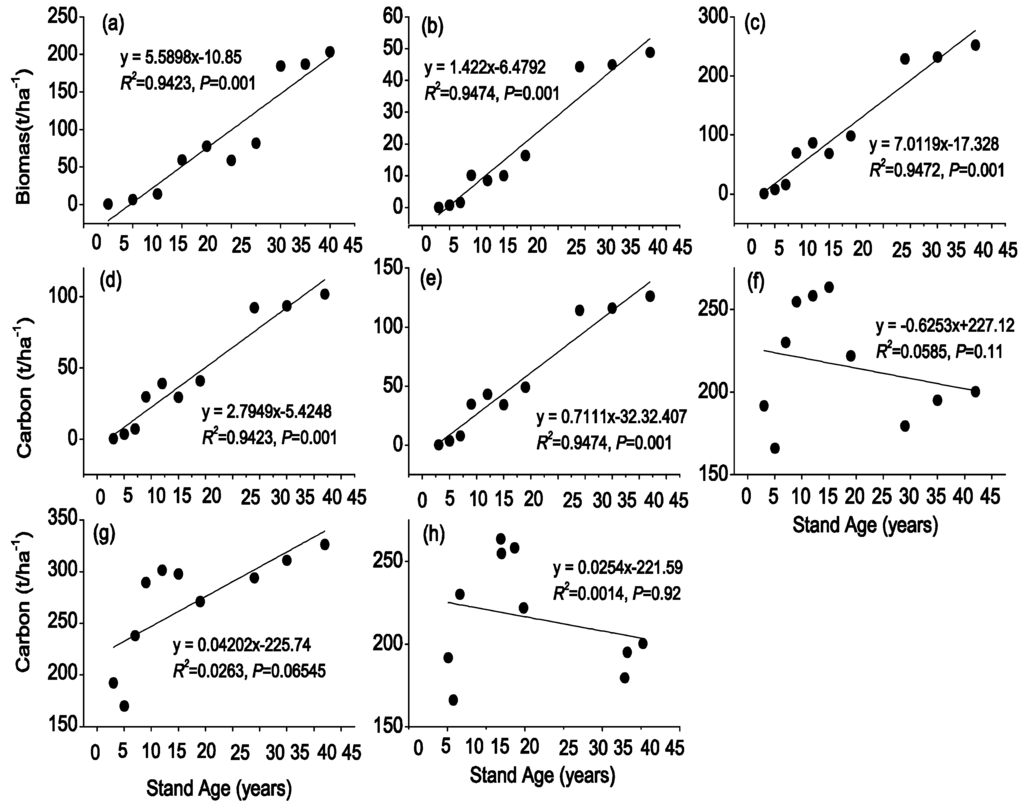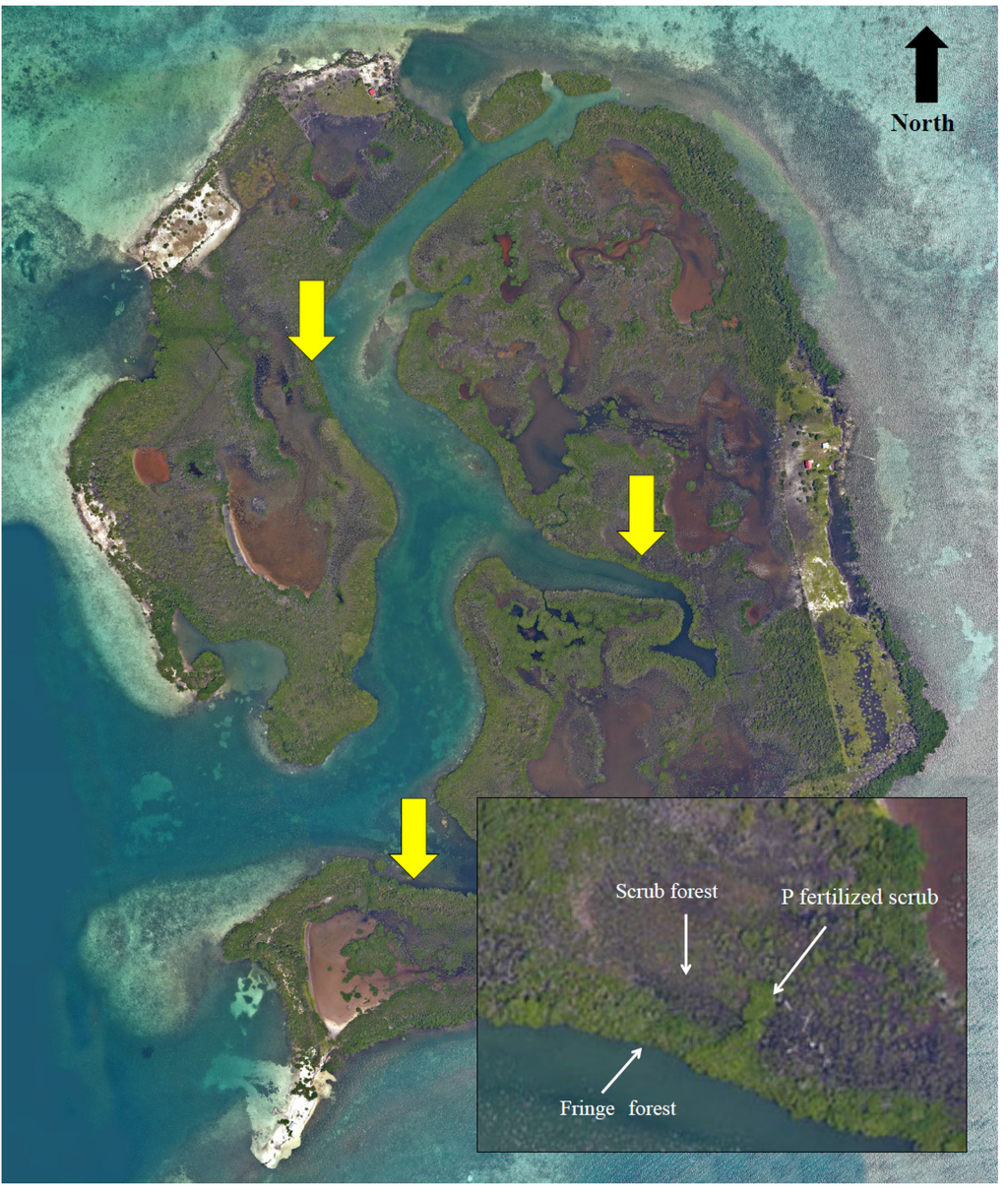Forests Carbon Fluxes and Sequestration
A topical collection in Forests (ISSN 1999-4907). This collection belongs to the section "Forest Meteorology and Climate Change".
Viewed by 153812Editor
Topical Collection Information
Dear Colleagues,
The carbon dynamics of forests and their related stores, such as wood products, are highly relevant to developing policies to mitigate climate change related to greenhouse gases. Forests can also directly influence the climate by changing radiative balances in ways that either counter or enhance their role in storing carbon. How these two climate-related aspects work together and influence mitigation strategies remains an open question.
In this context, this Special Issue tries to document state-of-the-art thinking on how forests and systems related to forests (e.g., wood products, bioenergy production) may be used to mitigate climate change. Prospective authors are invited to contribute to this Special Issue of Forests by submitting manuscripts of their latest research on related topics. Management-orientated papers are preferred, and these may have an empirical or theoretical basis. Reviews are also welcome. Topics may be from, but not limited to:
- Disturbance and management effects on forest carbon stores and/or radiative balances
- Forest succession effects on forest carbon stores and/or radiative balances
- Quantifying carbon stores within the forest sector including the ecosystem itself, wood products derived from the ecosystem, and substitutions of energy via either bioenergy or products substitution
- Temporal and spatial scaling of forest carbon stores and/radiative balances
- Quantifying uncertainty related to forest carbon stores and/or radiative balances
- Tradeoffs with other management objectives such as fire, water, and wildlife
- Effects of climate adaptation strategies on forest carbon stores and/or radiative balances
Submitted manuscripts must be original contributions, not ones previously published or submitted to other journals. Papers published or submitted for publication in conference proceedings may be considered, provided that they are considerably extended and improved. Papers must follow the instructions for authors at: https://www.mdpi.com/journal/forests/instructions.
Dr. Mark E. Harmon
Guest Editor
Manuscript Submission Information
Manuscripts should be submitted online at www.mdpi.com by registering and logging in to this website. Once you are registered, click here to go to the submission form. Manuscripts can be submitted until the deadline. All submissions that pass pre-check are peer-reviewed. Accepted papers will be published continuously in the journal (as soon as accepted) and will be listed together on the collection website. Research articles, review articles as well as short communications are invited. For planned papers, a title and short abstract (about 100 words) can be sent to the Editorial Office for announcement on this website.
Submitted manuscripts should not have been published previously, nor be under consideration for publication elsewhere (except conference proceedings papers). All manuscripts are thoroughly refereed through a single-blind peer-review process. A guide for authors and other relevant information for submission of manuscripts is available on the Instructions for Authors page. Forests is an international peer-reviewed open access monthly journal published by MDPI.
Please visit the Instructions for Authors page before submitting a manuscript. The Article Processing Charge (APC) for publication in this open access journal is 2600 CHF (Swiss Francs). Submitted papers should be well formatted and use good English. Authors may use MDPI's English editing service prior to publication or during author revisions.
Keywords
- Carbon sequestration
- Forest-related climate mitigation
- Forest-related climate adaptation
- Forest carbon stores and fluxes
- Forest radiation/energy balance
- Forest sector
- Management trade-offs
- Modelling forest sector carbon dynamics
- Quantifying uncertainty
- Temporal and spatial scaling





